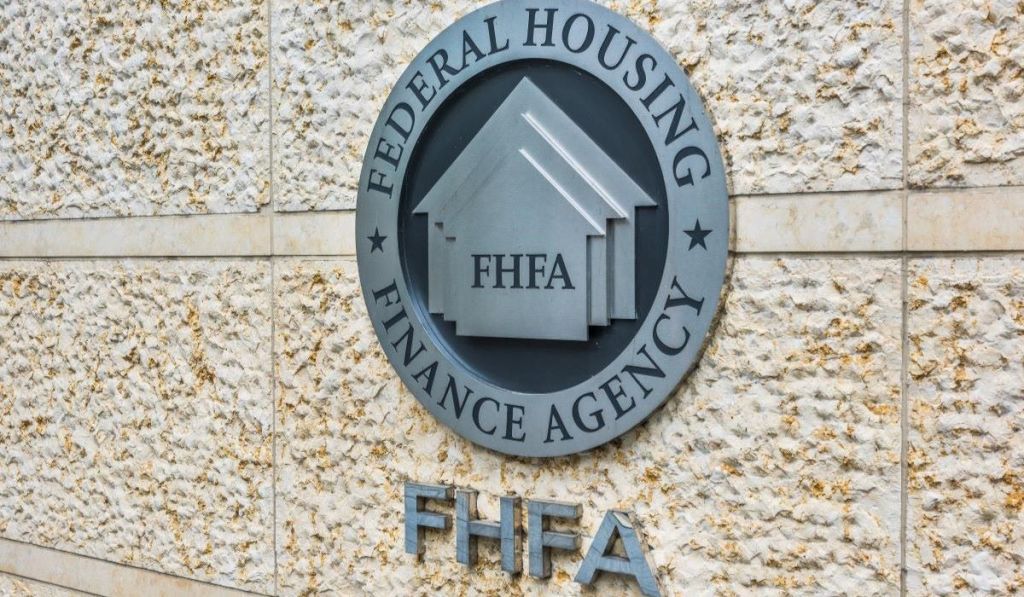The Federal Housing Finance Agency (FHFA) is moving to consider an amendment to current regulations that restrict Fannie Mae, Freddie Mac and federal home loan banks from purchasing, investing in or dealing in mortgages on properties encumbered by certain types of private transfer fee covenants (PTFCs), according to an entry published in the Federal Register on Tuesday.
“The proposed rule would establish an additional exception to the restrictions for loans on properties with PTFCs, and related securities, if the loans meet certain shared equity loan program requirements for Resale Restriction Programs in FHFA’s Duty to Serve Underserved Markets Regulation (Duty to Serve Regulation),” the entry reads.
Current regulations conflict with the duty to serve regulation. They restrict the government-sponsored enterprises (GSEs) and banks from dealing in loans encumbered by PTFCs or related securities, “and prohibits the banks from accepting such mortgages or securities as collateral for advances, unless such PTFCs are ‘excepted transfer fee covenants,’” the entry explained.
When it adopted the PTFC regulation, FHFA did so in an effort to abate concerns about private transfer fees in that they would be “used to fund purely private continuous streams of income for select market participants,” not benefit involved homeowners or the involved properties and interfere with an accurate assessment of a property’s value.
“Therefore, FHFA concluded that mortgages on properties with PTFCs might impair the safety and soundness of the enterprises and the banks that purchase, invest in, or otherwise deal in, or in the case of the banks, that accept as collateral, such mortgages,” the entry said.
However, the GSEs identified PTFCs inside shared equity loans under certain qualifying programs, and reviewed these types of loans and found that such private transfer fees were not the kinds FHFA had been concerned about when creating the regulation.
“Unlike fees paid to the select market participants that concerned FHFA when the PTFC regulation was adopted, the fees in resale restriction programs reimburse the program administrators, which are typically community land trusts, nonprofits, or local governments, for their ongoing operating expenses related to the purchase and sale of affordable homes under the program,” FHFA said.
This ultimately led to the publication of a waiver by FHFA that will expire at the end of 2024, while federal home loan banks have also indicated to FHFA that they have never “purchased, or accepted as collateral, shared equity loans,” the entry said. “The same considerations discussed above for the Enterprises[…] also apply to the banks,” but the waiver for the GSEs “did not address activities of the Banks with respect to shared equity loans.”
Since the banks may, in the future, decide to deal in shared equity loans or other related securities under resale restriction programs or “to facilitate increased liquidity for affordable homeownership, FHFA believes the exception provided in the proposed rule for the Enterprises should also apply for the banks,” the entry explained.
FHFA is seeking public comment on three questions related to this proposal: whether or not the proposal should apply equally to federal home loan banks and the GSEs; whether or not all resale restriction program criteria should apply to eligibility of certain PTFCs; how much pre-existing resale restriction program criteria should apply to the determination of dealing in certain PTFCs; and whether or not other criteria should apply to an eligibility decision.
Written comments must be received on or before Nov. 27.





